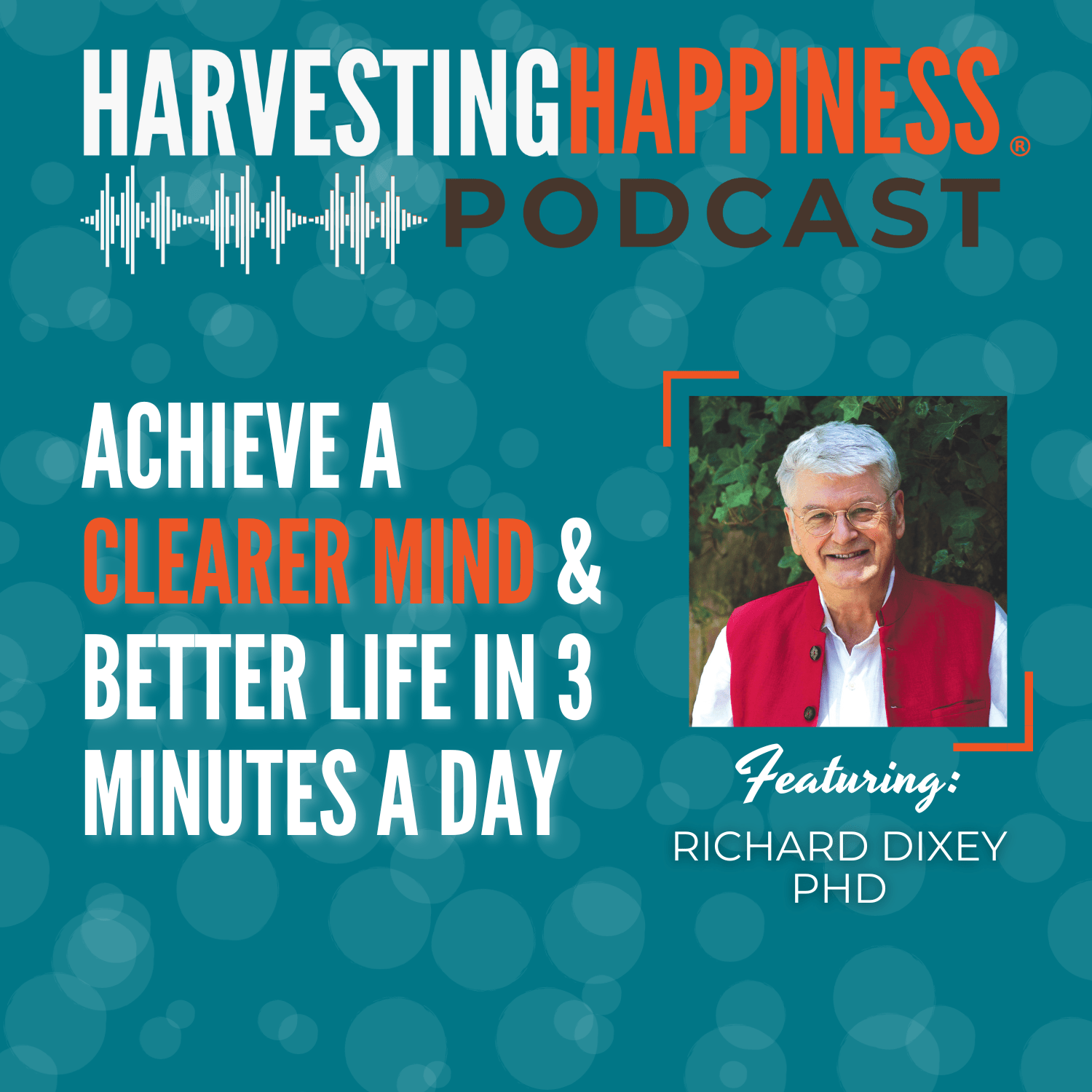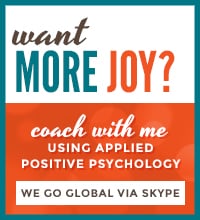
The practice of meditation was developed in Asia by monks over two and a half thousand years ago. Their practices offered them an understanding of their own consciousness en route to enlightenment. Today amidst a barrage of technological distractions and uncertainty about the practice, meditation is elusive for many. If there was a streamlined process for the practice of meditation that took people out of their mind maps could we better understand our personal experiences? For tips on how to achieve a clearer mind and a better life, Harvesting Happiness Podcast Host Lisa Cypers Kamen speaks with Dr. Richard Dixey, a biophysicist, lifelong student of Buddhism, and author. He shares his philosophy and asserts that meditation is a basic life skill that should be practiced in schools. Richard’s book, Three Minutes a Day: A Fourteen-Week Course to Learn Meditation and Transform Your Life, offers a new way of understanding the age-old practice of meditation.
Richard Dixey PhD — A Clearer Mind:
- Richard explains the difference between human experiences and inferential processes. {3:02}
- Meditation is to look at experience as experience. {7:26}
- Meditating monks discovered that human consciousness flickers and it can be measured. {11:24}
- In his book, Three Minutes a Day: A Fourteen-Week Course to Learn Meditation and Transform Your Life, Richard offers a streamlined process to the practice of meditation. {14:22}
- Objective scientific language can not explain personal experience. {25:22}
- Why Richard encourages people to smile during the process of meditation. {28:09}
About Lisa’s guest:
Richard Dixey, PhD, is a senior faculty member at Dharma College in Berkeley, California. He is a research scientist and a lifelong student of Buddhism who holds advanced degrees in biophysics and the history and philosophy of science. Dixey directed a bioelectronic research unit at a London hospital before becoming CEO of his biotech company. He moved to the US in 2007 to devote himself to teaching meditation, deepening his own practice, and running the Light of Buddhadharma Foundation in India with his wife Wangmo, the eldest daughter of the well-known Tibetan lama Tarthang Tulku.
“Our nervous systems are so activated by all of the technology we are surrounded by." - Lisa Cypers Kamen
For more inspiration visit www.harvestinghappiness.com!
Return to the Harvesting Happiness Podcast Page
















